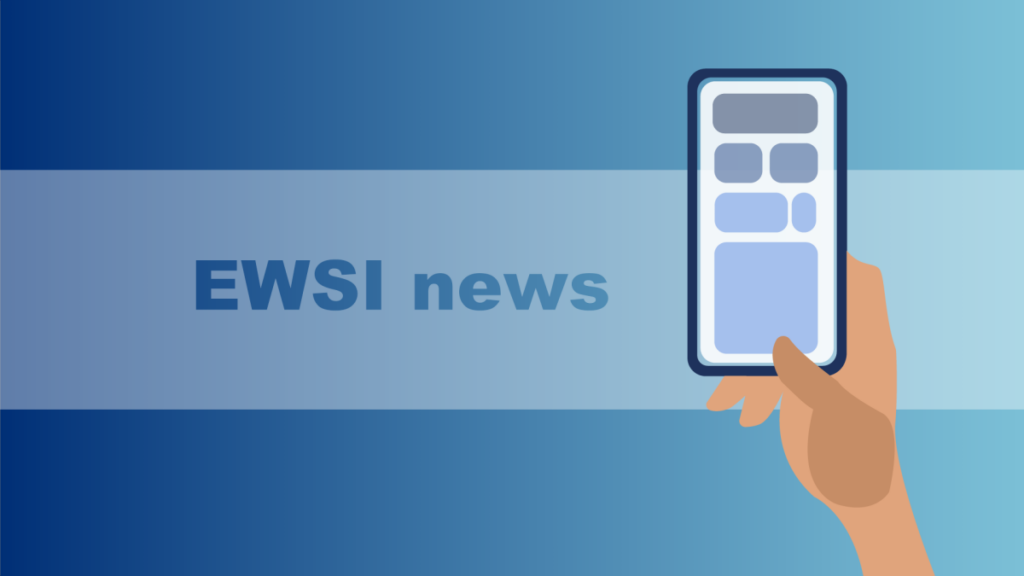On 9 June 2024, Belgium held its regional, federal and European elections. Overall, the results indicate a general trend towards centre-right, with a strong progression of far-right and nationalist votes. Belgium’s complex political system is divided into 3 main levels of power. Federal, regional and community governments are each responsible for a series of matters that can interact with each other : while immigration is typically a federal responsibility, it is communities and regions that are in charge of the integration of migrants, in conjunction with municipalities.
Governments are formed through coalitions of multiple political parties, meaning that even parties with strong electoral results may not be included in the government if they are unable to reach agreements with other parties and form a majority. Consequently, Belgians are currently awaiting the results of the ongoing discussions regarding the formation of the federal, Walloon (South), Flemish (North) and Brussels-Capital Region governments. Below is an overview of the June 2024 elections as far as they concern the integration of migrants in Belgium.
Wallonia
To date, only the french-speaking Walloon Region has been able to reach an agreement. The new Walloon government, made up of centre-right parties MR and Les Engagés, signed a regional political declaration for 2024 – 2029 which includes several points on integration and migration:
The government aims to enhance flexibility in issuing temporary work permits to migrants in Wallonia, addressing both labour shortages and combating human trafficking and undeclared work, as outlined in the Regional Declaration. No details have yet been provided regarding the resources allocated or the practical measures needed to implement these changes.
A revision of a decree issued on 28 April 2016, concerning the establishment of additional night shelters, is being considered. According to Article 93 of the Walloon Regulatory Code for Social Action and Health, municipalities with over 50 000 inhabitants must have at least 1 registered night shelter. In provinces where no municipalities meet this population threshold, there must be at least 1 night shelter per province. While a system of enforcement is theoretically planned for cities and provinces that fail to comply with this requirement, it has not yet been implemented.
The declaration also indicates an intention to increase the number of transit accommodation facilities. The elected deputies expressed a desire to break with ‘social housing for life’, by rotating and adapting accommodation size according to household size. The allocation of housing will have to be accompanied by an integration package into working life in partnership with employment and training agencies Forem and IFAPME. An assessment of the tenant’s social situation is to be carried out every 3 years. The 2024 Analysis on housing access for migrants in the European Union reveals that they face greater challenges in securing adequate and affordable housing. The analysis indicated that the main challenges to housing in Belgium are the readability of the administrative procedures, discrepancies in the housing offer between localities, lack of dedicated support, and affordability, as well as discrimination from landlords. Wallonia’s new government has not yet addressed these issues in its programme.
Integration programmes for migrants have been mandatory in Wallonia since January 2022. The new Walloon government announced its intention to strengthen the integration process, in particular by imposing penalties for non-compliance. Improved access to integration centers is planned, with a focus on facilitating transportation to these often hard-to-reach locations, though the specific practical measures remain unclear. They also mention the introduction of a standardised language test at the end of the process, as already in place in the north of the country. While organisations in charge of integration programmes have repetitively expressed concerns over a lack of sufficient funds available to carry out their mission, the new government has not mentioned a reinforcement of funding support allocated to migrant integration.
Flanders
The winning parties in the Flemish region are currently negotiating. By excluding far-right Vlaams Belang party from the majority, which obtained 31 seats in the Flemish Parliament, a coalition between nationalist party N-VA (Nieuw-Vlaamse Allantie), Vooruit and the CD&V (Christen-Democratisch en Vlaams) is expected. Following the 2019 elections, the N-VA-led Flemish government implemented more stringent rules for migrants in Flanders, including the introduction of an exam at the end of the integration course and a €180 registration fee.
Brussels-Capital Region
Discussions are more complex in this area. So far, no consensus has been reached and negotiations are ongoing. The negotiating parties share divergent views on issues relating to integration, and it will be necessary to hold off until a government agreement is reached to determine what decisions will be made.
Federal
At the federal level, discussions are underway with the leading party N-VA, victorious in the national elections. A centre-right alliance is being discussed, which would impact migration issues, in particular ‘regularisation’, which is a federal competence. In its manifesto, N-VA promotes civic integration in the country of origin – previous to migrating – as well as more stringent conditions for family reunification, requiring applicants to pass integration and language tests to obtain a visa. The Flemish right-wing party in charge of forming the government also announced a target for an annual quota of refugees, a temporary and collective system of reception for international protection seekers, and to put an end to local reception initiatives.
There has been no official agreement yet. 20 September is the deadline, as this is when the Belgian government will be expected to present its budget plan to the European Union.
Communal and provincial elections are scheduled for 13 October 2024. Local authorities are responsible for matters that fall within their own territory, such as local cultural activities, improving administrative services, raising public awareness and providing facilities for hosting new arrivals at the local level.
Source link : https://migrant-integration.ec.europa.eu/news/belgium-migrant-integration-2024-federal-and-regional-elections_en
Author :
Publish date : 2024-08-28 07:00:00
Copyright for syndicated content belongs to the linked Source.
